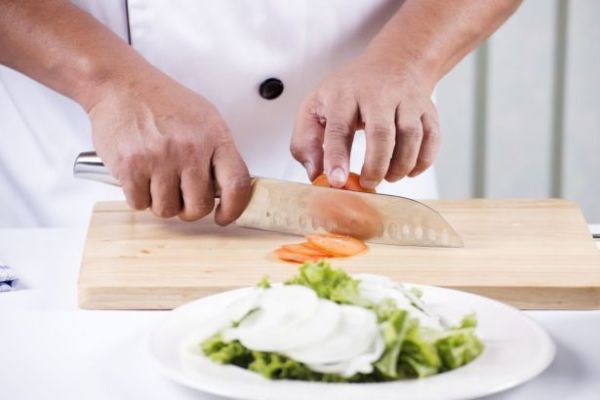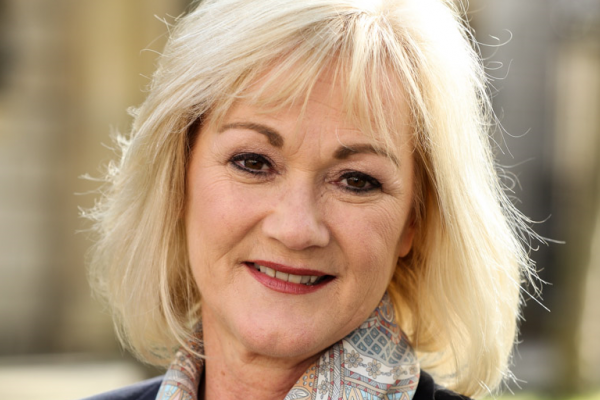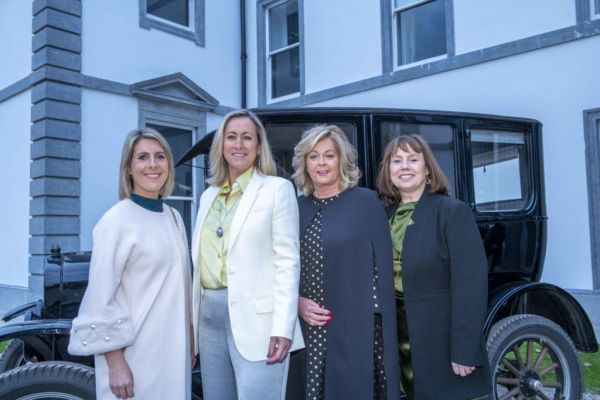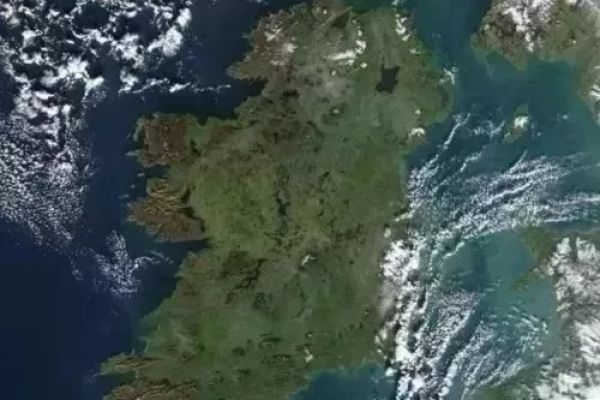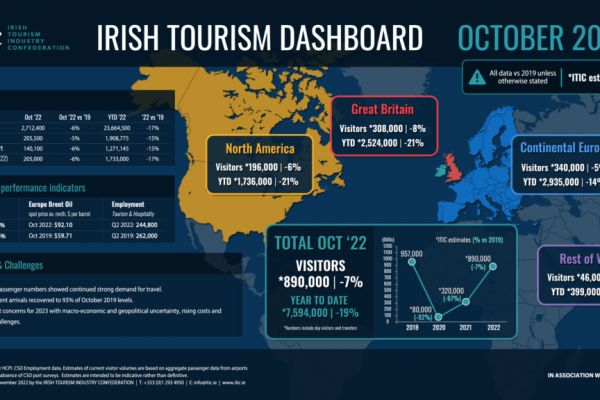There was a collective sign of relief from tourism and hospitality businesses around the country this afternoon following news that the 9% VAT rate for the sector has been retained in Budget 2017.
Other key takeaways from the Budget was the announcement by Finance Minister Michael Noonan that a new tax on sugar sweetened drink is to come into effect in April 2018, while cigarettes are getting a 50c hike in excise duty, bringing the price of a packet of 20 cigarettes to €11. There's been no increase or decrease on the excise duty on alcohol.
The Irish Tourist Industry Confederation (ITIC) has welcomed the announced regarding the 9% VAT rate, citing that it 'allows Ireland to remain competitive in this key period of post-Brexit uncertainty'.
Chairman of ITIC Paul Gallagher commented: "17 of the 19 euro-zone countries have tourism Vat rates of 10% or less so the tourism Vat rate in Ireland is right-sized and competitive at the moment. Tourism employs 230,000 people throughout the country and its future growth is predicated on a competitive industry and appropriate government policies".
According to the ITIC, since Brexit, the sterling/euro exchange rate has weakened by 15% making holidays to Ireland more expensive for British tourists.
"UK visitors account for 40% of all international visitors to Ireland and holidays here are now more expensive due to sterling’s weakness – it is therefore vital that the state has not imposed any additional tax burdens on the sector," added Gallagher.
CAUTIOUS WELCOME
The Restaurants Association of Ireland (RAI) have expressed its "cautious welcome" following the announcement of Budget 2017.
The RAI echoed the comments made by the ITIC, welcoming the retention of the 9% VAT rate, and that there increasing excise duty on wine, however, it has voiced its frustration that employers PRSI bands will not be widened.
Adrian Cummins, Chief Executive of The RAI, commented: "In our Pre Budget Submission, we set out a number of objectives that needed to be met. We stressed that Budget 2017 needed to put Tourism, Hospitality and Food at the centre of our recovery. The Retention of VAT at 9% into 2017 is crucial not only for the sustainability of restaurants and businesses in the tourism sector but also to job creation and the continued growth of our economy. We are also happy to see no increase in excise duty for a second year in a row."
MISSED OPPORTUNITY
Meanwhile, the Alcohol and Beverage Federation of Ireland (ABFI) has said the Government's decision not to reduce excise on alcohol in next year’s Budget is a "missed opportunity" for one Ireland's largest indigenous sectors.
Commenting on Budget 2017, Ross Mac Mathuna, Director of ABFI, said: "The drinks industry has come under increasing pressure this year following the Brexit vote and subsequent plunge in the value of sterling. The industry employs 92,000 people across the country from the grain to the glass and contributes €2 billion to the Irish economy. However, we continue to pay the highest price for alcohol in the EU – on a standard €9 bottle we pay a staggering €3.19 in taxes, meaning it is 12% more expensive than the equivalent in the UK. This is putting jobs at risk and we are increasingly vulnerable to cross border trading.
"The reality is excise is a tax on jobs, consumers and tourism and needs to be reduced. We will continue to engage with policymakers to campaign for a cut in this punitive tax. A cut in excise would positively impact jobs and small businesses in every town and village across the country in a time of increasing economic uncertainty."
